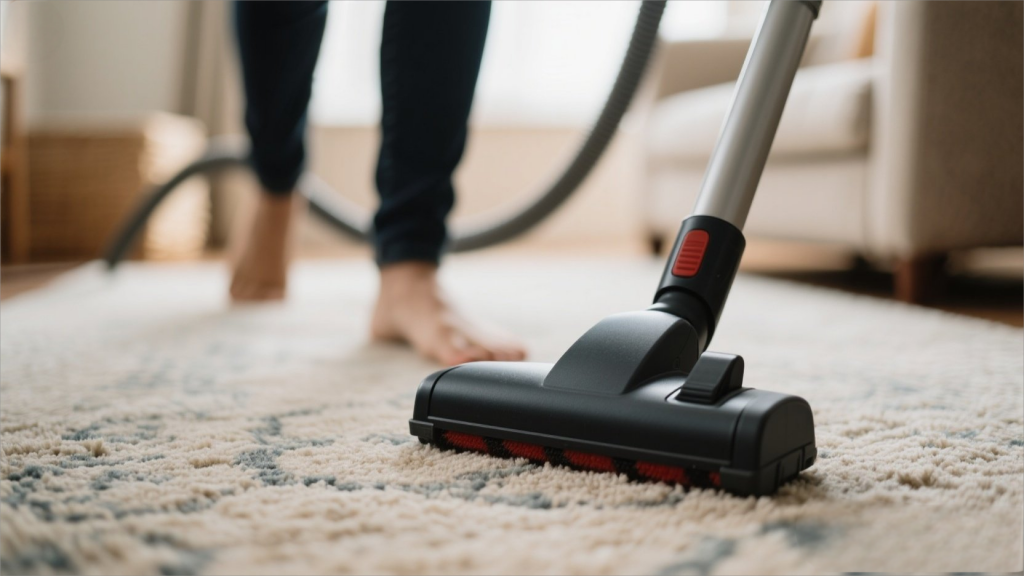If you've ever struggled to fall asleep, you're not alone. Millions of people toss and turn, counting sheep or scrolling through their phones in a desperate attempt to drift off. But what if the secret to better sleep was as simple as stepping into a warm shower before bed? Turns out, science backs this up—hot showers don’t just relax your muscles; they actually help regulate your body temperature in a way that promotes deeper, faster sleep.
How Warm Showers Trick Your Body Into Sleep Mode
Your body has a built-in thermostat that plays a huge role in sleep quality. When it's time to snooze, your core temperature naturally drops—a signal to your brain that it's time to wind down. A warm shower or bath speeds up this process by dilating blood vessels in your hands and feet, allowing heat to escape more efficiently. This mimics the natural cooling process that happens right before sleep, tricking your body into thinking, "Hey, it's bedtime!"
But here’s the kicker: timing matters. Research suggests that taking a warm shower one to two hours before bed is the sweet spot. If you hop in too close to bedtime, your body might still be cooling down when you hit the sheets, making it harder to fall asleep. On the flip side, if you shower too early, the effect wears off before your head hits the pillow.
The Perfect Temperature for a Sleep-Inducing Shower
Not all showers are created equal when it comes to sleep benefits. Too cold, and your body tenses up. Too hot, and you risk stressing your system or even burning yourself. The magic number? Around 104°F (40°C)—just warm enough to relax your muscles without overheating. If you don’t have a thermometer handy, a good rule of thumb is to adjust the water until it feels comfortably warm but not scalding.
And if you’re more of a bath person, no worries—the same rules apply. A 10- to 15-minute soak can be just as effective, if not more so, since immersion allows for more consistent heat distribution. Bonus points for adding Epsom salts or lavender oil, which have been shown to enhance relaxation.
Why This Works Better Than Other Sleep Hacks
Plenty of people swear by melatonin supplements, white noise machines, or weighted blankets—and those can all help. But a warm shower has a unique advantage: it directly influences your body’s thermoregulation system, which is hardwired into your sleep cycle. Unlike supplements, which can cause grogginess or dependency, or gadgets that might not work for everyone, a shower is a natural, drug-free way to prep your body for rest.
Plus, showers have a psychological benefit. The act of washing off the day can serve as a mental transition from "go mode" to "sleep mode." It’s like telling your brain, "Okay, we’re done with today’s drama—time to shut down."
What If You’re Not a Night Shower Person?
If you’re someone who prefers morning showers, don’t worry—you can still reap the benefits. Try shifting your routine gradually, or if that’s not an option, consider a quick foot soak before bed. Since your extremities play a big role in temperature regulation, warming your feet can have a similar (though milder) effect.
Another trick? Lower your bedroom temperature. Experts recommend keeping your room between 60-67°F (15-19°C) for optimal sleep. Pair that with a warm shower, and you’ve got a one-two punch for better rest.
At the end of the day (literally), sleep is about routine. Whether it’s a warm shower, a good book, or a cup of herbal tea, consistency is key. But if you’re looking for a simple, science-backed way to improve your sleep quality, turning up the heat in the shower might just be the easiest fix yet.
























